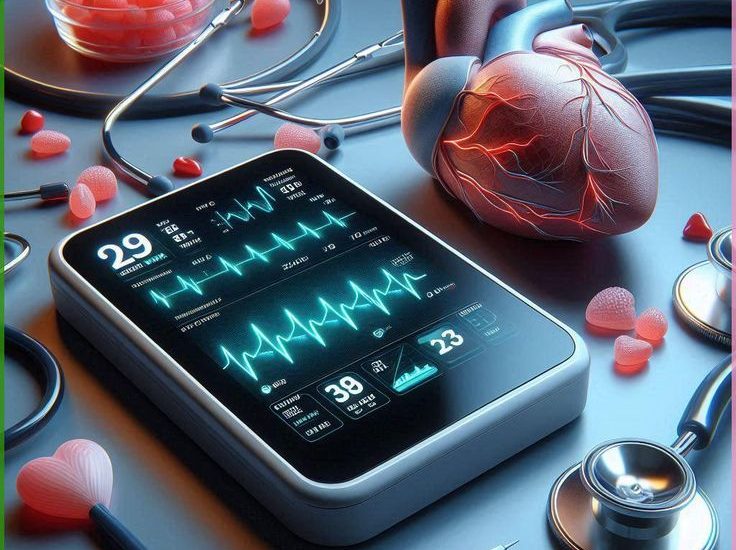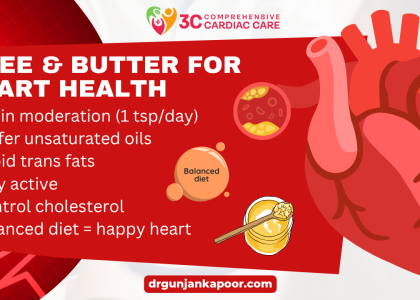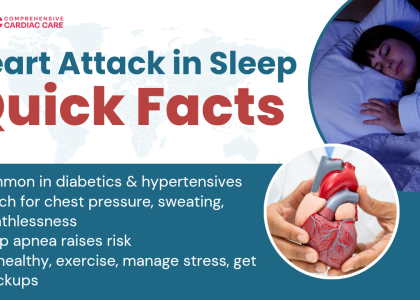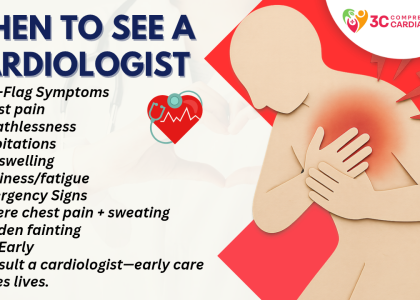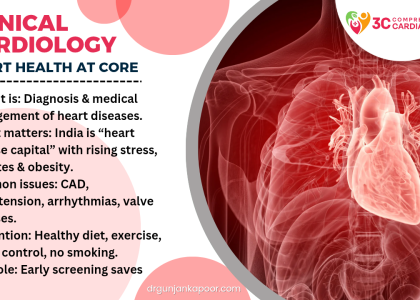❤️ Top Cardiac Tests You Might Need – And What They Tell Your Doctor
Decode Your Heart’s Health, One Test at a Time
Why Cardiac Testing Matters (Even If You Feel “Fine”)
Heart disease is often silent until it’s serious.
That’s why doctors rely on a combination of tests — to detect problems before symptoms strike. Whether it’s chest pain, breathlessness, or a routine check-up, each test offers vital clues about your heart’s condition.
Let’s break them down
1️⃣ ECG (Electrocardiogram) ⚡
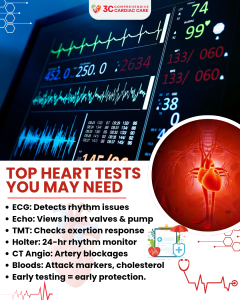
What it is: A simple, non-invasive test that measures the electrical activity of your heart.
What it shows:
-
Irregular heart rhythms (arrhythmias)
-
Heart attacks (current or past)
-
Signs of heart strain
✅ Often the first test ordered for chest pain or palpitations.
2️⃣ Echocardiogram (Echo) ️
What it is: An ultrasound of the heart using sound waves.
What it shows:
-
Heart’s pumping strength (Ejection Fraction)
-
Valve function
-
Structural abnormalities
-
Fluid around the heart
Like watching your heart live in motion.
3️⃣ TMT (Treadmill Test) / Stress Test ♂️
What it is: Monitors your heart while you walk or run on a treadmill.
What it shows:
-
How your heart handles physical exertion
-
If there’s reduced blood flow to parts of the heart (possible blockage)
⚠️ Useful for detecting coronary artery disease.
4️⃣ Holter Monitor ⏱️
What it is: A portable ECG device worn for 24–48 hours.
What it shows:
-
Irregularities that a single ECG might miss
-
Heart rate variability
-
Episodes of fainting or dizziness causes
Best for intermittent symptoms like occasional palpitations or blackouts.
5️⃣ Cardiac CT or CT Angiography ️
What it is: A high-resolution scan to visualize heart and blood vessels.
What it shows:
-
Coronary artery blockages
-
Calcification (plaque build-up)
-
Congenital defects
Highly precise — gives your doctor a map of your heart’s arteries.
6️⃣ Blood Tests (e.g., Troponin, Lipid Profile)
What they are: Lab tests measuring markers of heart damage or risk.
What they show:
-
Troponin: Confirms/Rules out heart attack
-
Cholesterol: Heart disease risk
-
CRP (C-reactive protein): Inflammation levels
Combine these with imaging for complete insight.
How Doctors Choose the Right Test for You
Not all patients need all tests. Your doctor chooses based on:
-
Symptoms (e.g., chest pain, fatigue, dizziness)
-
Age and risk factors
-
Family history
-
Previous heart conditions
Sometimes tests are combined for accuracy and early diagnosis.
❤️ What These Tests Really Do: Peace of Mind
Testing isn’t about panic — it’s about prevention.
The right test at the right time can:
-
Spot silent blockages
-
Prevent a heart attack
-
Avoid unnecessary medication or procedures
-
Personalize your treatment plan
A 30-minute test today can save your life tomorrow.

